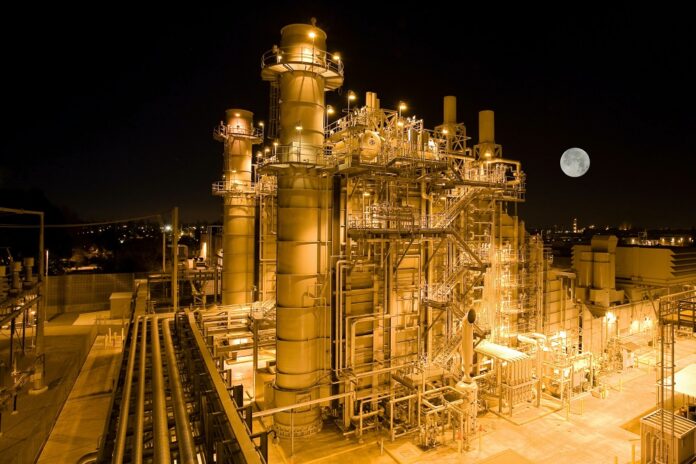On January 30th, Saudi Arabia announced it would be halting its expansion plans to increase oil capacity, citing the global energy transition as the main reason behind the decision, according to the energy minister, Reuters reported.
This means the state oil company Aramco will freeze its expansion and instead aim for maximum sustained production at 12 million barrels per day (bpd), a decrease of a million bpd from the 2020 production target to be achieved by 2027.
The energy minister, Prince Abdulaziz elaborated on the change in plans as a strategic move to align with the Kingdom’s transition efforts.
The minister noted that the decision to halt the expansion plans was part of the Kingdom’s broader strategy, highlighting the country’s transitional phase. Regardless of this pause, Aramco still has various investments in oil, gas, renewables, and petrochemicals.
Saudi Arabia and Aramco have set ambitious environmental goals, with the country aiming to achieve net-zero emissions by 2060, and Aramco setting its sights on 2050.
Prince Abdulaziz highlighted the country’s significant oil capacity asserting that the kingdom has access to a “huge cushion” to protect it against major disruptions to global oil supplies caused by conflict and natural disasters.
Even with 3 million bpd production cuts below its 12 million bpd maximum production capacity, Saudi Arabia still maintains its position as the world’s largest holder of spare oil capacity. Prince Abdulaziz has emphasized the kingdom’s readiness to adjust oil production to meet demand, showcasing OPEC+ flexibility.
Amin Nasser, Aramco’s CEO, expressed optimism regarding the oil demand outlook, predicting consecutive increases in demand in 2024 and 2025 with an increase of 104 million and 105 million bpd, respectively.
This prediction contradicts expectations about an imminent demand peak, which is reflected in OPEC’s data that recorded the demand hitting a record above 102 million bpd in the previous year 2023.



